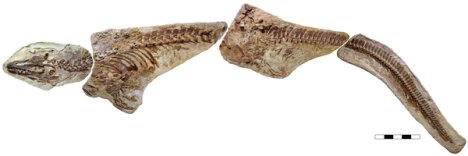Wallace Smith Broecker, known to friends and colleagues as “Wally Broecker,” has an earned PhD in geology from Columbia University. He is a professor in Columbia’s Earth and Environmental Sciences department and has published more than 450 journal articles in various earth science disciplines. He also has 10 books to his credit, including Fixing Climate: What Past Climate Changes Reveal About the Current Threat–and How to Counter It.
While Dr. Broecker’s list of academic accomplishments is very impressive, he is best known among earth and atmospheric scientists as the man who coined the phrase “Global Warming.” In 1975, he authored a paper entitled, “Climatic Change: Are We on the Brink of a Pronounced Global Warming?” 1 In that paper, he predicted how temperatures would rise due to increased carbon dioxide emissions.
Interestingly enough, he doesn’t like being called the “father of global warming.” In a recent interview in the journal Science, he says he offered a $200 reward to anyone in his class who could find an earlier reference to “global warming” so that someone else can be given that title. Unfortunately for him, no one could find an earlier reference.2
What I found fascinating about the interview, however, was his admission that the data really don’t support the idea that “global warming” will be a catastrophe.
Continue reading “Speculation Above Data – Standard Fare for “Global Warming””




